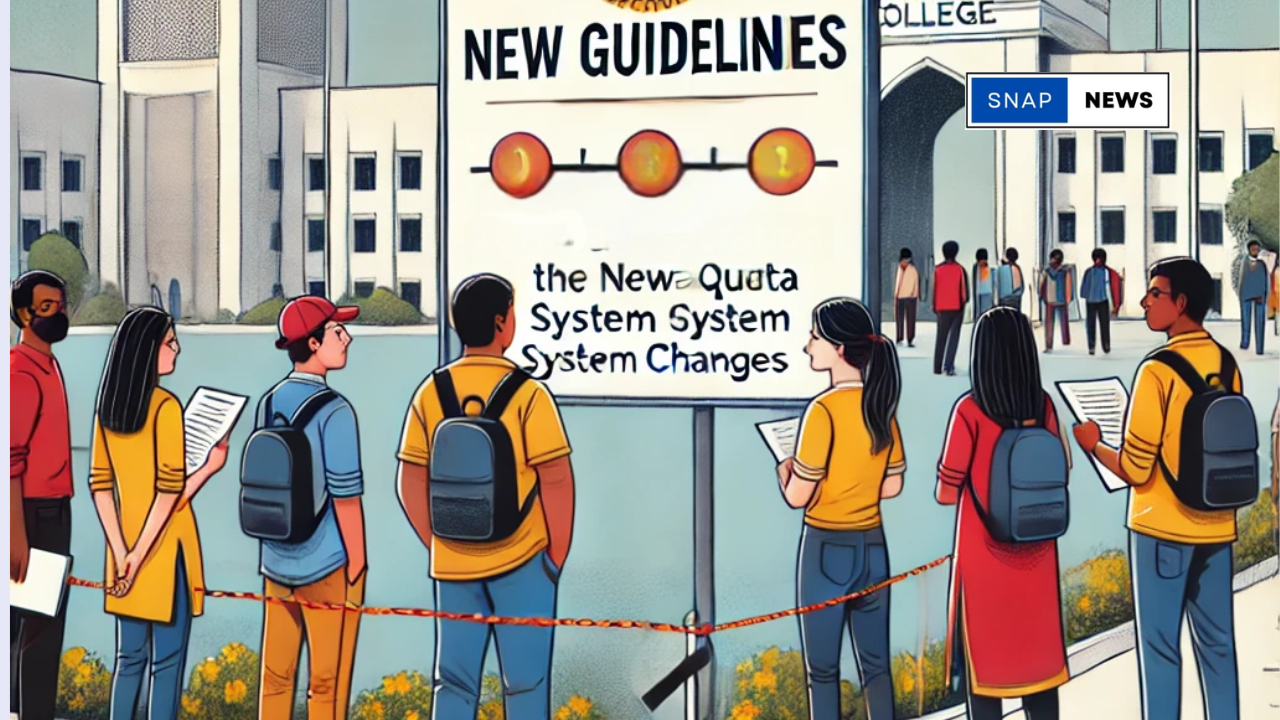High Court Invalidates Division of Accreditation Cards for Small Newspapers

In a landmark ruling, the High Court has declared the division of small newspapers into categories A, B, C, and D for the issuance of government-recognized accreditation cards as invalid. This decision is a significant victory for journalists working at the district and constituency levels, who have long been deprived of the benefits of accreditation due to what has been deemed discriminatory regulations.
Implications of the High Court Decision
The High Court’s ruling against the division of accreditation cards for small newspapers marks a major step towards ensuring equal opportunities for journalists across all publications. By striking down the provisions of Schedule-E, the court has opened the door for fair and unbiased accreditation processes that do not discriminate based on the size or reach of a newspaper. This decision is poised to benefit district and constituency reporters and reinforces the principles of equality and justice within the journalism industry.
Government Regulations and Discrimination
The legal challenge was brought forth by T. Krishna, a petitioner who highlighted the discriminatory nature of the government’s regulations on accreditation cards. The division of small newspapers into arbitrary categories had not only been unfair but also hindered the professional growth and recognition of journalists in smaller publications. By challenging these regulations, the petitioner underscored the need for a transparent and inclusive accreditation process that respects the diversity of voices in the media.
Call for Action
Following the High Court’s decision to nullify the provisions of Schedule-E, the onus is now on the government to revise its guidelines. The court has mandated a two-month deadline for the preparation of new guidelines that will ensure district and constituency reporters from small newspapers are included in the accreditation process. Swift action is necessary to implement these new guidelines and promote a more inclusive and equitable media landscape.
Conclusion
The High Court’s decision to invalidate the division of accreditation cards for small newspapers is a pivotal moment for journalists who have long faced marginalization due to discriminatory regulations. By removing the categorical divisions, the court has set a precedent for fair and transparent accreditation processes, emphasizing equality and justice for all journalists, regardless of their publication’s size. It is now up to the government to act promptly and ensure that all journalists have equal opportunities for recognition and accreditation.














